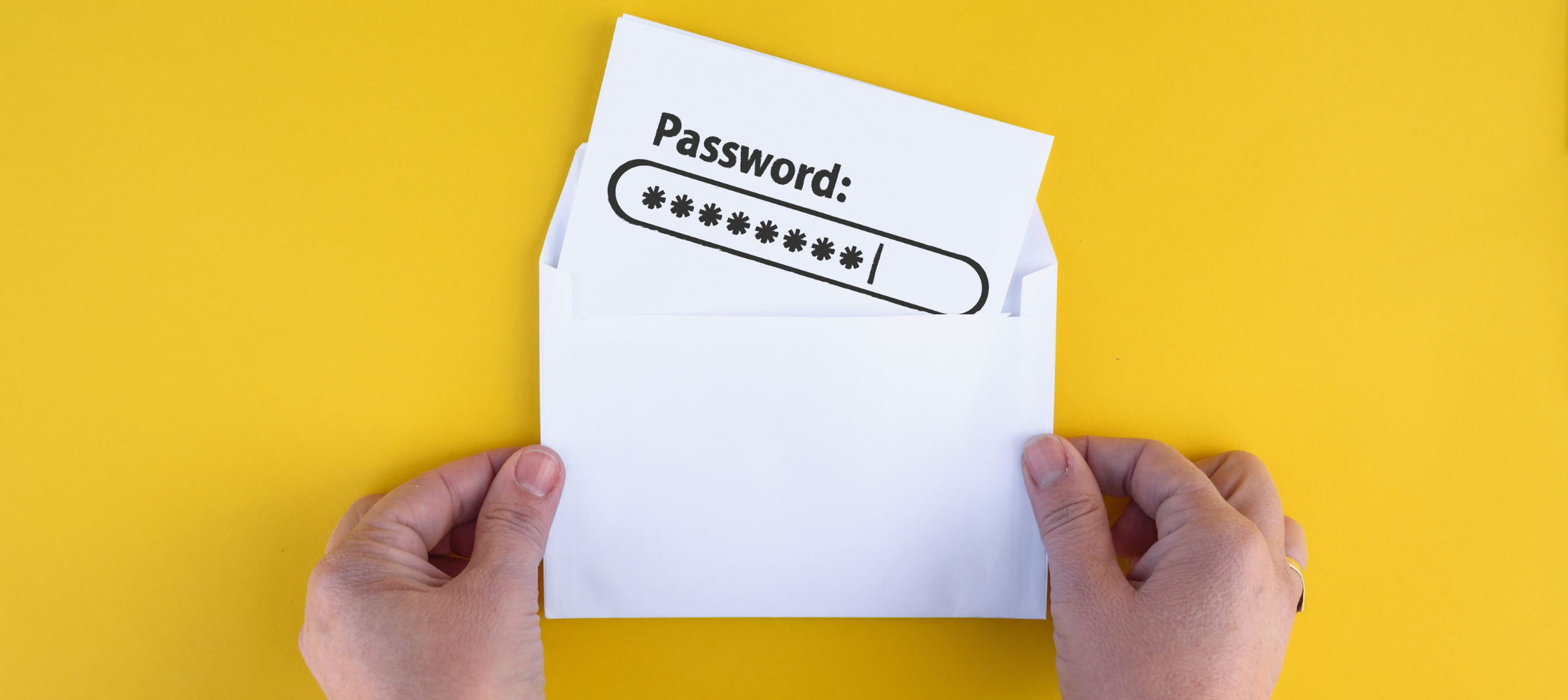In today’s world, knowing how to create a strong password is an essential digital skill
Passwords, we use them everyday – but are yours fit for purpose?
With almost every bit of private information stored behind a password, they are your first line of defense in the digital world. As a result, they are a common target for cyber attackers trying to access private and sensitive data.
Creating a strong, unique password for your university account is an important digital skill – one that will boost your online confidence and help prevent you from becoming a victim of cyber crime.
How to create a strong password
A strong password is your first step in protecting personal data:
- Make it long:
Use at least 14 characters. The longer the password, the harder to crack!
Top tip: Worried you won’t remember it? See section on ‘Keep it secret‘ for ways to securely store passwords. - Mix it up:
The University requires that you include any 3 of the following: lowercase character, uppercase character, number, symbols.
Top tip: The more you mix up letters, numbers, and symbols, the more potent your password becomes. - Keep it random:
Do not include any personal or easily guessable data like your surname, username, dates and numeric sequences. Try using three or more random words and string them together to create a passphrase.
Top tip: The randomness of the word choice and length of the passphrase are what makes it strong. eg “FarmerOrangeMarshmallow”. Make it even stronger by replacing letters with numbers and symbols. eg “f@rmerOrang3Mar$hma!!ow”. (Do not use this example as your password).
How to secure your strong password
Once you’ve created a strong password you must secure it:
- Keep it private:
Your password is for you and you alone and should be kept private. Never share or write down your password (even for people you know). Sharing your password exposes you to cyber crime. - Keep it secret:
If you need to remember multiple passwords, store them somewhere secret (not known or seen by others). A password manager (or a web browser) can store all your passwords securely, so you don’t have to worry about remembering them. Examples include 1password (paid subscription) and Bitwarden (free). Password managers help you to use unique, strong passwords for all your important accounts (rather than using the same password for all of them, which you should never do). - Don’t Reuse it:
Do not use the same password for various accounts. If someone got hold of a password for one of your accounts, this could have a domino effect on them accessing any other accounts that use the same or very similar passwords. Having various passwords makes it harder for attackers to compromise your accounts.
Need a re-cap?
Check out our shortened ‘top tips’ for a strong and secure password:
Need help?
- If you suspect that your University account or password has been compromised, change it immediately, and let IT and Library Support know.
- Need to share data? Never share or write down your password, contact IT and Library Support for help.



